Understanding the Order of Countries in the 2024 Olympics Opening Ceremony
Every four years, the world comes together to celebrate the Olympic Games, a grand festival of sports and international unity. The Parade of Nations, a key feature of the opening ceremony, showcases athletes from around the globe marching under their national banners. For the 2024 Paris Olympics, the process of determining the order of countries has its own fascinating nuances that reflect tradition, language, and future aspirations.
The Tradition of Greece Leading
As the birthplace of the ancient Olympic Games, Greece holds a special place in Olympic history. This honor is reflected in the Parade of Nations, where Greek athletes always take the lead. The tradition has been a staple since the modern Olympics began in 1896, symbolizing the continuity between the ancient and modern games. It serves as a respectful nod to the origins of this global event.
The Refugee Olympic Team
Following Greece, another team holds a unique place in the procession: the Refugee Olympic Team. Formed by the International Olympic Committee (IOC) in 2015, this team provides an opportunity for displaced athletes to compete on the world stage. In 2024, the team will consist of 37 athletes hailing from 15 different countries, including Austria, France, Germany, Italy, Jordan, Kenya, Mexico, Spain, Sweden, the United Kingdom, and the United States. This initiative not only spotlights the extraordinary resilience of these athletes but also underscores the Olympic values of solidarity and peace.
Alphabetical Order in the Host Language
After the initial entries, the rest of the countries follow in alphabetical order based on the host nation's language. For the 2024 Olympics in Paris, that language is French. This often brings surprises for English-speaking audiences. For instance, South Africa, known as 'L'Afrique du Sud' in French, will appear between Afghanistan and Albania. This shift highlights the importance of linguistic diversity in the parade and adds an element of educational discovery.
Focus on Future Hosts
Future host nations have a designated place toward the end of the parade. This practice aims to spotlight upcoming games and maintain viewer interest. In 2024, the United States, which is set to host the 2028 Olympics in Los Angeles, will march second to last. Australia, the host of the 2032 Olympics in Brisbane, will follow just before the USA. Such positioning keeps the audience engaged and builds anticipation for future Olympic venues and events.
The Grand Finale: The Host Nation
Traditionally, the host nation concludes the Parade of Nations. For the 2024 Olympics, France will close the procession, a moment of pride and excitement for the host country. This year's ceremony is particularly special as it will take place along the River Seine, with the athletes parading past iconic Parisian landmarks such as the Louvre and Notre Dame. This picturesque setting promises a visual treat and a stunning start to the global sports event.
A Showcase of Global Unity
The Parade of Nations is more than just a lineup of countries; it is a powerful representation of global unity and diversity. Each athlete, regardless of their country, carries the hopes and dreams of their nation. Their presence at the Olympics is a testament to their hard work, dedication, and the universal love for sports. The unique order of the parade, deeply rooted in tradition and linguistics, adds a rich layer of meaning to this grand spectacle.
Conclusion
The 2024 Paris Olympics promises an opening ceremony that blends tradition with the vibrant culture of the host city. From Greece's historic lead to the poignant presence of the Refugee Olympic Team, and the linguistic quirks of the French alphabetical order, the Parade of Nations will be a captivating prelude to the games. As athletes from 184 countries gather along the River Seine, the world will witness the spirit of the Olympics in its most beautiful form, united in diversity and dedication to excellence.
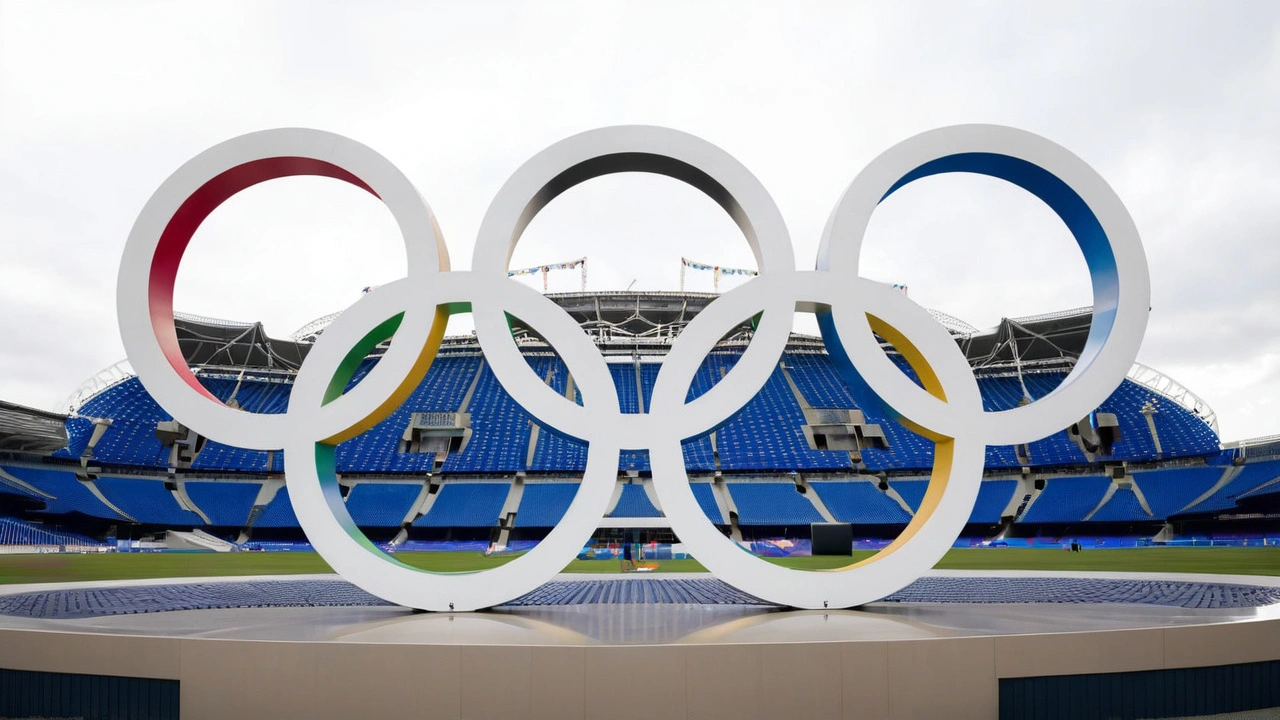
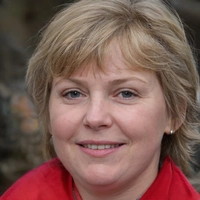

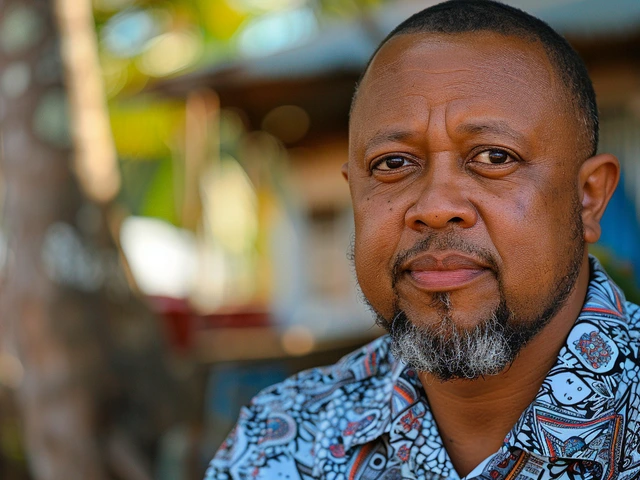

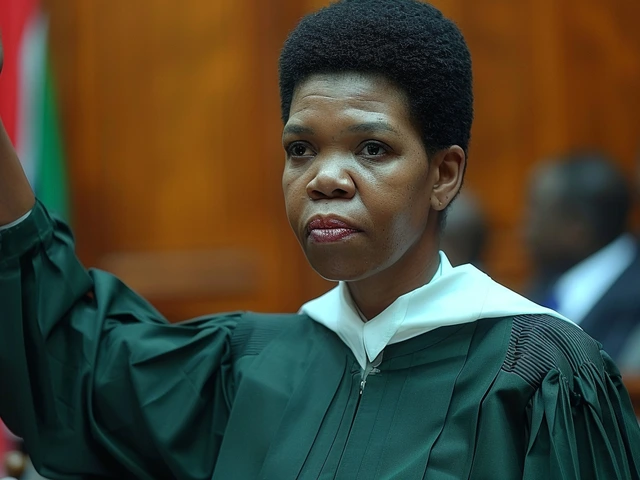
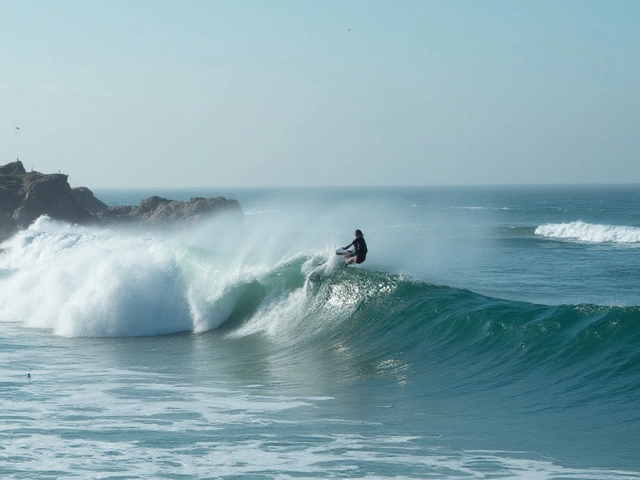
Write a comment